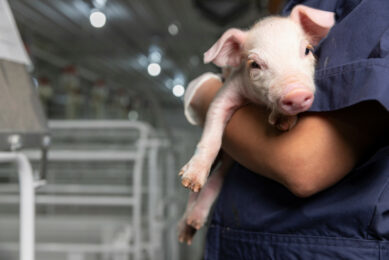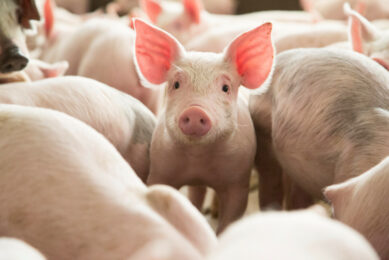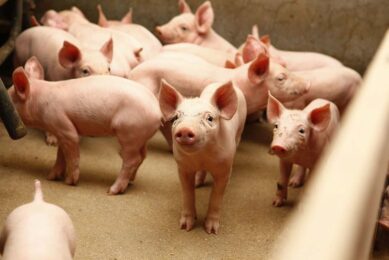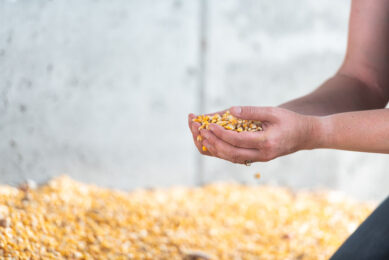Grant of up to $30 million for biorefinery
Alltech received a grant of up to $30 million from the US Department of Energy (DOE) to be used towards the establishment of its rural community biorefinery.
The plant will be located in Springfield, Kentucky, USA and is estimated to employ 93 people when operating at full capacity. This plant will be closely connected to dairy and beef production, but there is also a strong interest in setting up similar plants in which pig production could participate.
Utilising cellulose
As part of the DOE proposal, the company’s rural community biorefinery will be one of the first in the United States to utilise cellulose, such as switch grass, corn cobs and corn stover, at raw material levels of up to 30%. This will be converted to ethanol and other value-added products.
“The rural community biorefinery is truly a missionary of new technologies. Cellulosic ethanol utilises raw materials which are readily available and which alleviate the current demand for grain for ethanol production. With commodity prices reaching an all time high and with ethanol production forecast to account for 30% of the US corn harvest by 2010 we must focus our attention on a sustainable path to alternative energies,” said Dr Pearse Lyons, Alltech president.
Incentive
In addition to the above grant, the project has received an incentive to the value of $8 million from the Kentucky Economic Development Finance Authority (KEDFA).
The biorefinery will have an impact on Kentucky’s agricultural production by housing dairy and beef cattle to be branded under the Kentucky Proud label. Such actions could be a significant step toward addressing Kentucky’s $250 million milk deficit and this concept has already drawn interest from the Netherlands, Ireland, South Africa and China.
Related websites:
• US Department of Energy (DOE)
• Alltech
Click here to receive the latest Pig Progress newsletter











